Hunting
Hippo Hunting in Africa: How It Can Benefit Hippo Populations
Hippo hunting is a controversial topic that has received significant attention in recent years. While some people argue that hunting hippos can be a sustainable way to manage their population, others claim that it is unethical and can lead to the extinction of this iconic species. This article will explore the practice of hippo hunting in Africa, its history, its implications, and its potential alternatives.
History of Hippo Hunting in Africa
Hippo hunting has a long history in Africa, dating back to prehistoric times. In ancient Egypt, hippos were considered sacred animals, but they were also hunted for their meat and hides. During the colonial period, hippo hunting became a popular sport among European hunters, who prized the animal’s ivory tusks. Today, hippo hunting is legal in several African countries, including Tanzania, Zambia, and Mozambique, where it is regulated by wildlife management authorities. You can also hunt them in South Africa, however unfortunately it is rather expensive compared to the other places, like hippo hunts in Mozambique.
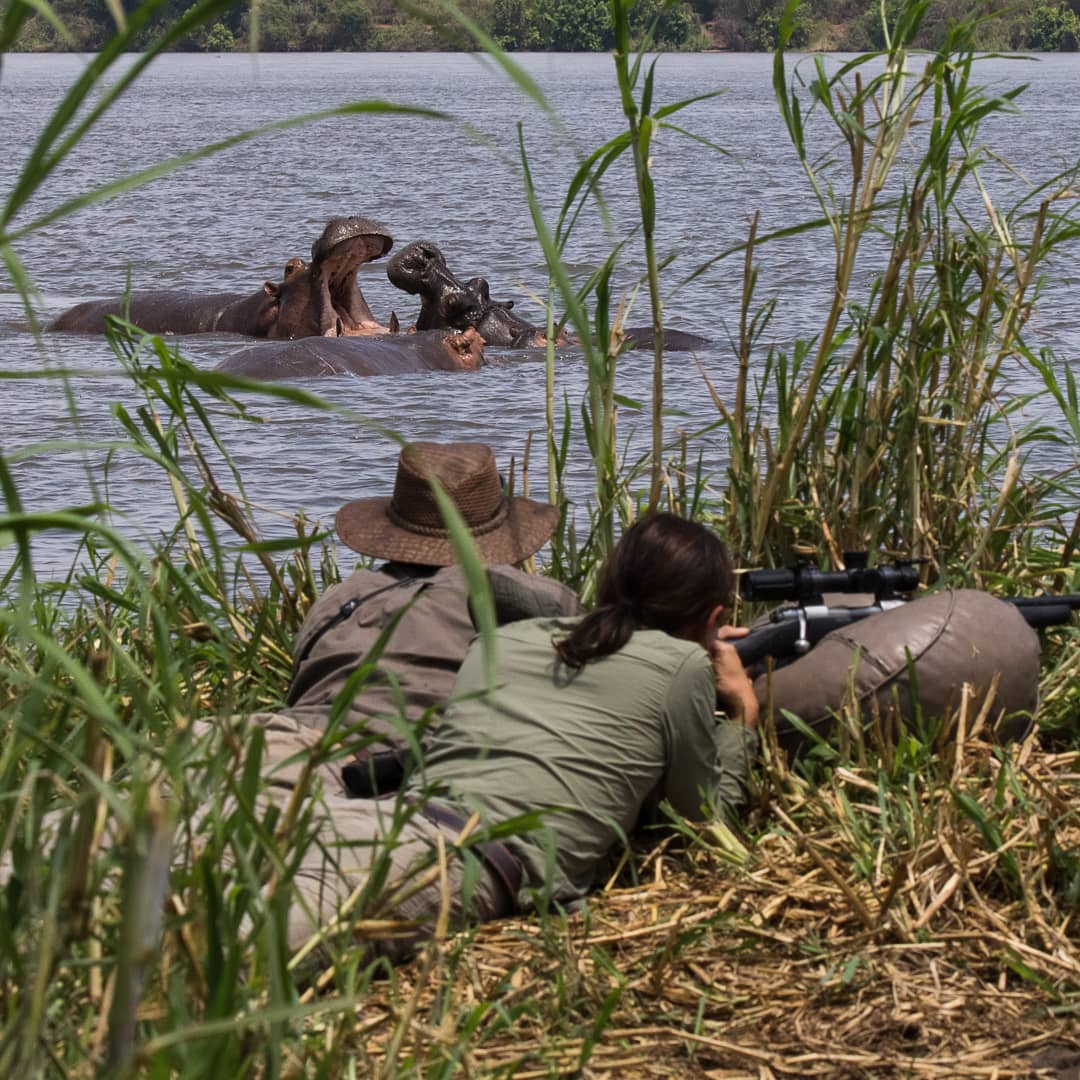
How to Hunt Hippos
Hippo hunting is usually done using firearms, although some hunters also use spears or bows and arrows. The hunting process can be dangerous, as hippos are territorial and can be aggressive if they feel threatened. Sometimes while hippo hunting, you’re paddling in a canoe to close the distance or you might be stalking through the grass hunting a solitary old bull. You might even hunt out of a blind…and usually, you’ll be hunting crocodiles at the same time.
Hunting regulations require that only mature male hippos be targeted, as they are responsible for most of the aggression within hippo populations. Nothing goes to waste in Africa, and he meat of hunted hippos is often given to the local village or sold to a distributor. Hippo hunting can be a fun add-on to your African Safari.
Hippo Shot Placement

Hippo’s are almost always found in the water, so most of the time the only option will be a headshot. The brain is very small, so make sure you’re rifle is “dead nuts” and know where to aim. Use big, solid bullets for hippos.
A hippo shot in the water with a good brain shot will just sink out of sight, but the dead animal will float after a few hours due to the vegetation in its stomach producing enough gas to float the carcass.
A missed brain shot will usually knock the animal out, and then you will need to take back shots as quickly as possible being careful not to wound another hippo.
- Headshot facing away – The best angle is when the animal is facing directly away from you, exposing the back of it’s head. Draw an imaginary line between the base of the ears, and shoot in the middle.
- Headshot quartering towards – Aim directly at the eye, angling the bullet through the brain. Always keep in mind where the brain is.
- Direct facing head shot – This shot is very difficult because of the heavy bone of the skull, but with a modern caliber of a sufficient size, you should be fine. Look at the aiming charts below.
- When out of the water a body shot can be used with a large caliber and solid bullets.
Field Judging a Hippo Bull
Trophy hippos are determined by the size of their 12 tusks. The longest canine tusk length is the measurement recorded by the record books. As far as trophy assessment goes we are looking for a mature bull and hope for the best on its tusks. You can make an educated guess on the teeth size by evaluating the ‘pockets’ on the top of the hippos jaw. These can indicate tusks size. If time is available you can wait for it to open his mouth for a visual confirmation.
The fun is in the hunt, it can be equated to pig hunting in that the size of the trophy is not considered to be of the utmost importance. Any mature hippo is going to be a huge animal and a pleasure to hunt on a dangerous game safari. Hippo are CITES II animals and are allowed to be imported into the USA.
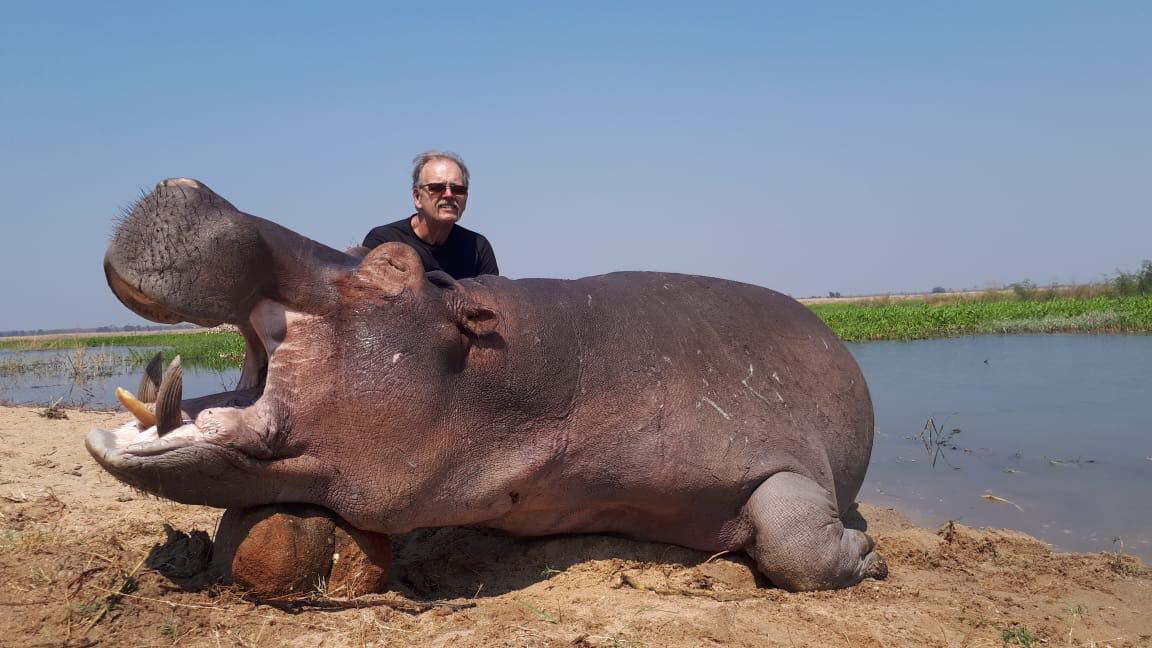
Arguments in Favor of Hippo Hunting
Proponents of hippo hunting argue that it can be a sustainable way to manage hippo populations, which can become overpopulated in some areas and kill people, as well as damage crops and other vegetation. They also claim that hippo hunting can provide income and employment opportunities for local communities, which can help to reduce poverty and improve conservation efforts. Additionally, some argue that hippo hunting can be a way to raise awareness about conservation issues and promote responsible hunting practices.
Arguments Against Hippo Hunting
Opponents of hippo hunting argue that it is unethical and cruel, as it involves killing a large, intelligent, and social animal for sport or profit. They claim that hippo hunting can disrupt the social structure of hippo populations, as males are often targeted, which can lead to increased aggression and competition among remaining males. Additionally, they argue that hippo hunting can have negative environmental impacts, as it can disrupt ecosystems and reduce biodiversity.
Alternatives to Hippo Hunting
There are several alternatives to hippo hunting that can help to manage hippo populations and support conservation efforts. These include non-lethal methods such as relocation, contraception, and habitat management. Additionally, ecotourism can provide a sustainable source of income for local communities, while also promoting conservation and raising awareness about the importance of hippo populations.
Conclusion
Hippo hunting is a controversial practice that raises important ethical and conservation issues. While some argue that it can be a sustainable way to manage hippo populations and support local communities, others claim that it is unethical and can have negative environmental impacts. As such, it is important to consider alternative approaches to hippo management that prioritize conservation, sustainability, and ethical considerations.


Thousands of people have trusted Outdoors International to help plan their hunt.
Our team of consultants are ready to help you book your next hunting trip. Our job it is to help you in researching, booking and planning a great adventure with one of our amazing outfitter partners around the world. Your success is our goal.
My hunt was absolutely top notch.
The outfitter is a fantastic man and incredibly hard working and knowledgeable, there is no doubt he will do everything within his power to make peoples hunts successful and enjoyable. I plan to do it again with him next year for sure.
Wade Zuver
Our hunt was excellent.
We saw bucks every day along with all other sorts of wildlife. Mountain goats, bears, and foxes were common sights. Fishing and crabbing was special bonus. The food was excellent, the crew was amazing. Outdoors International did a great job of finding exactly what we were looking for.
Jesse Neveau
What an amazing experience!
The hunting lodge was out of this world!, Rooms, food and the scenery were all A+. Our guide was exceptional and had us on Shiras moose all five days. We saw over 30 total with at least 10 bulls. They had a plan for everything including taxidermy and game processing.


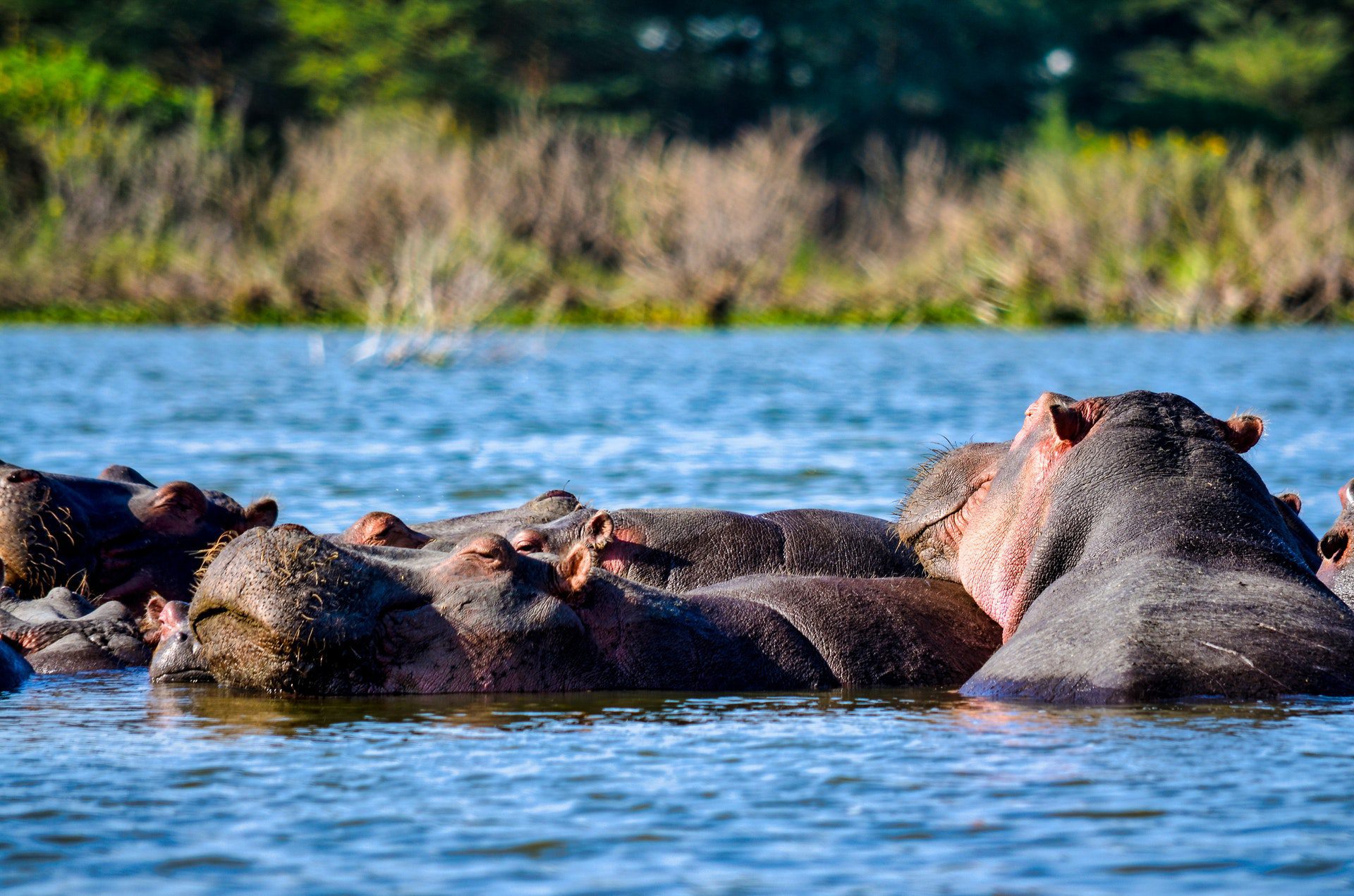
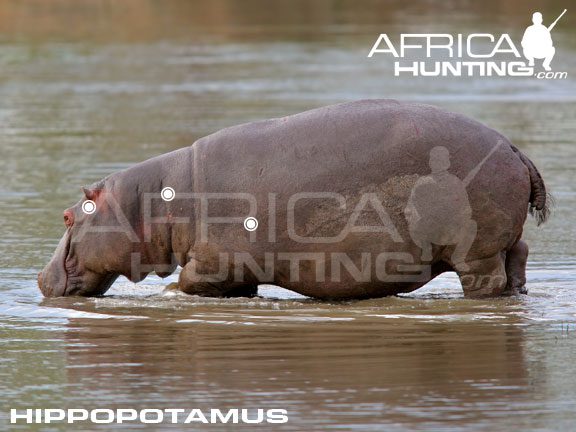
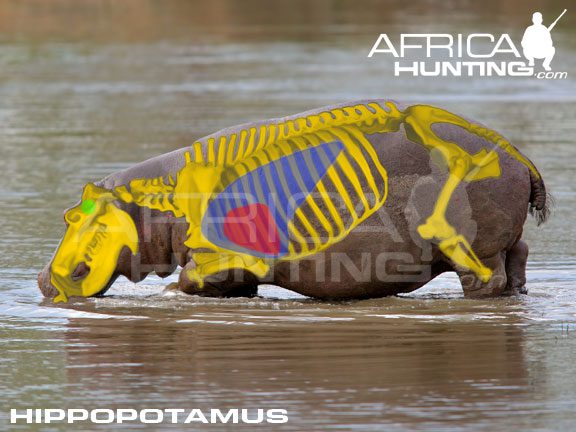

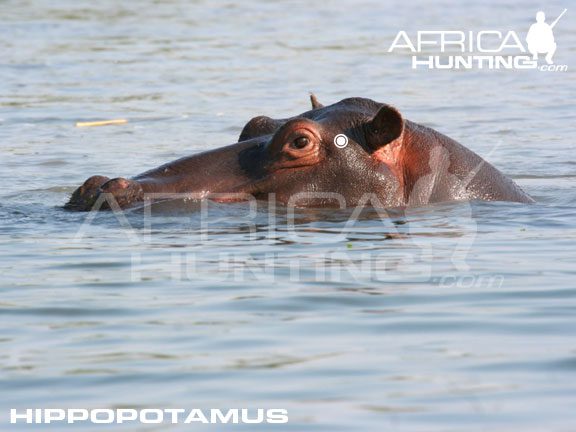
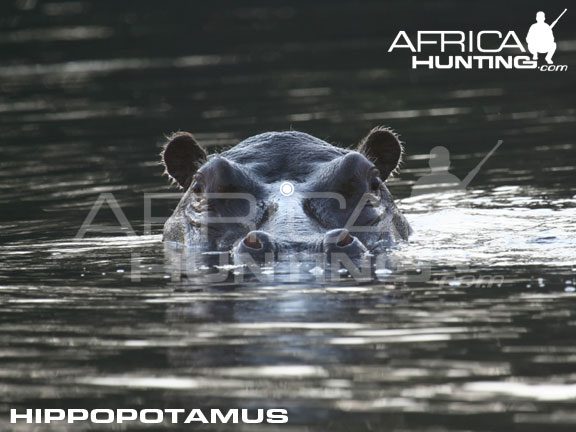



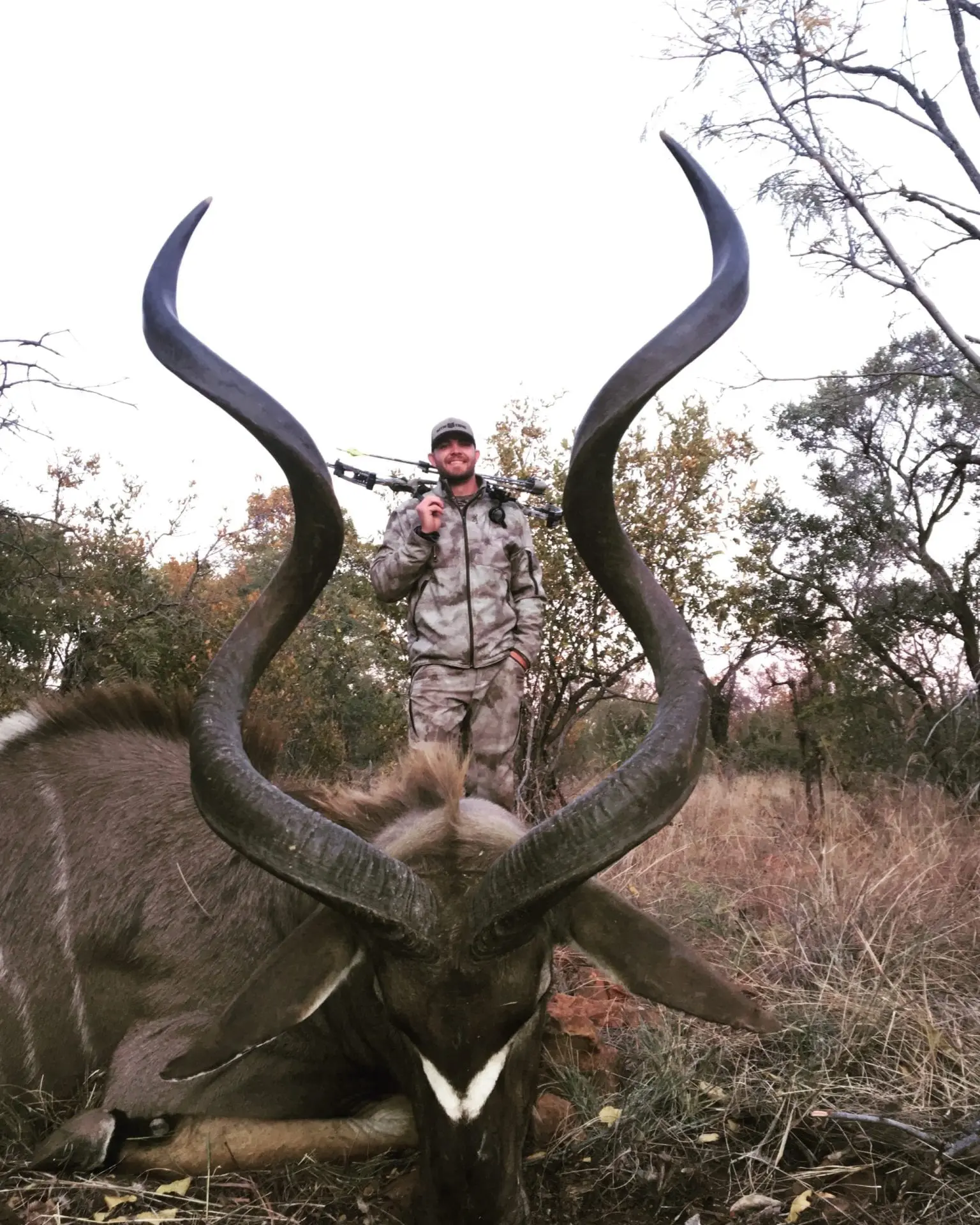
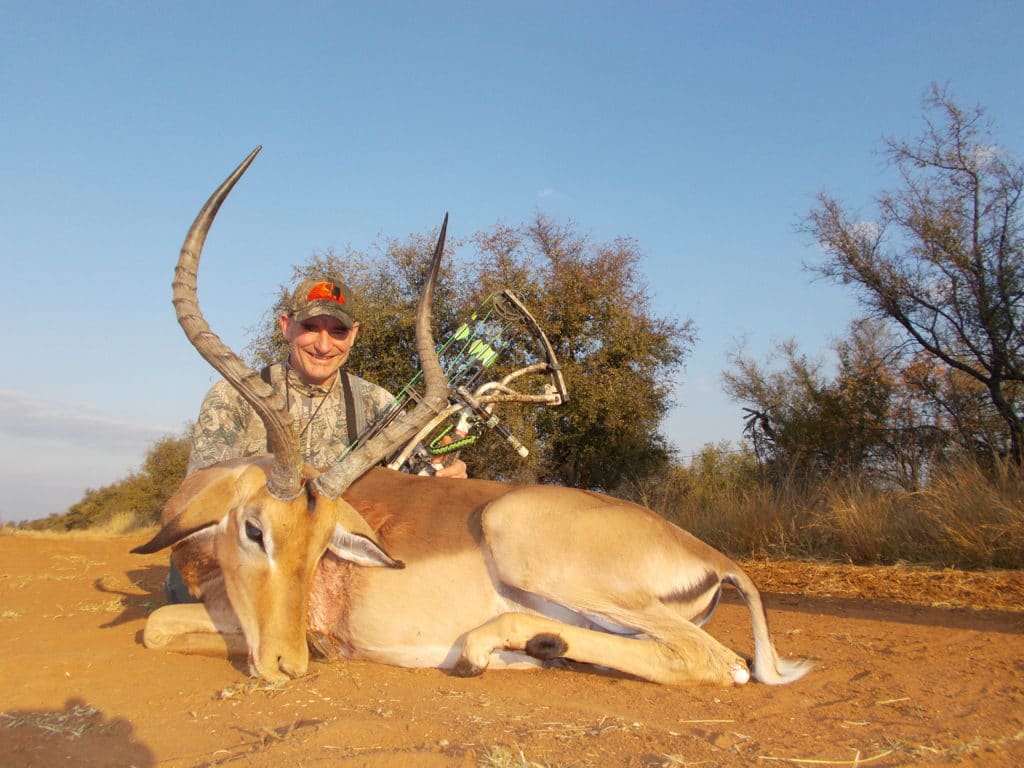




Pingback: African Lion Information | Outdoors International